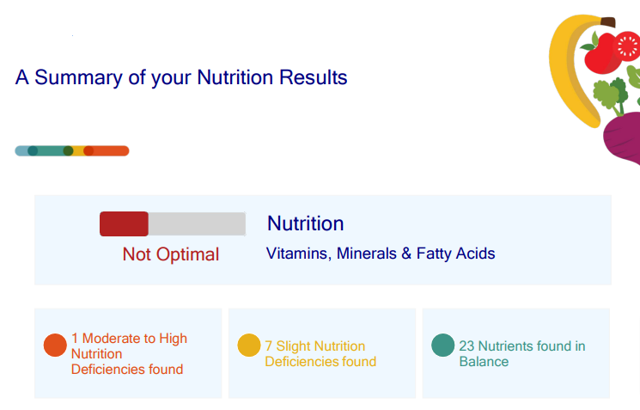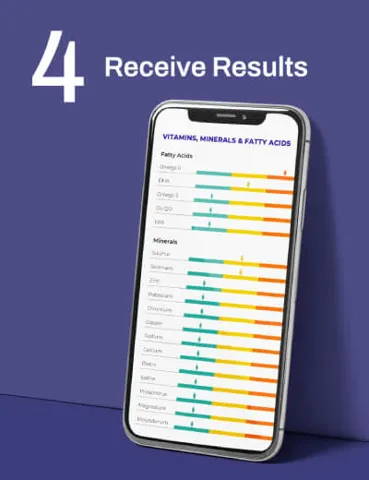Enzyme deficiencies and inflammation can cause food intolerances with no signs of immune-mediated responses. Immune responses are often measured with IgG or IgE levels. Therefore, food intolerances or sensitivities are usually not measured using immunogenics. This can be a common misconception in Healthcare that food intolerances are measured through IgE and IgG responses. However, it is known that IgE or IgG responses can measure food allergies. Food allergies and food intolerances or sensitivities can differ significantly.
Diet and lifestyle are known to be responsible for the development of food intolerances and sensitivities. The known recommendation for medical doctors is that patients may test regularly with AFIL's technology, as often as every three months, before symptoms begin reappearing and new food intolerances develop. Testing frequently is the simplest way for patients to take control of their health and help prevent future diseases due to chronic inflammation.


















